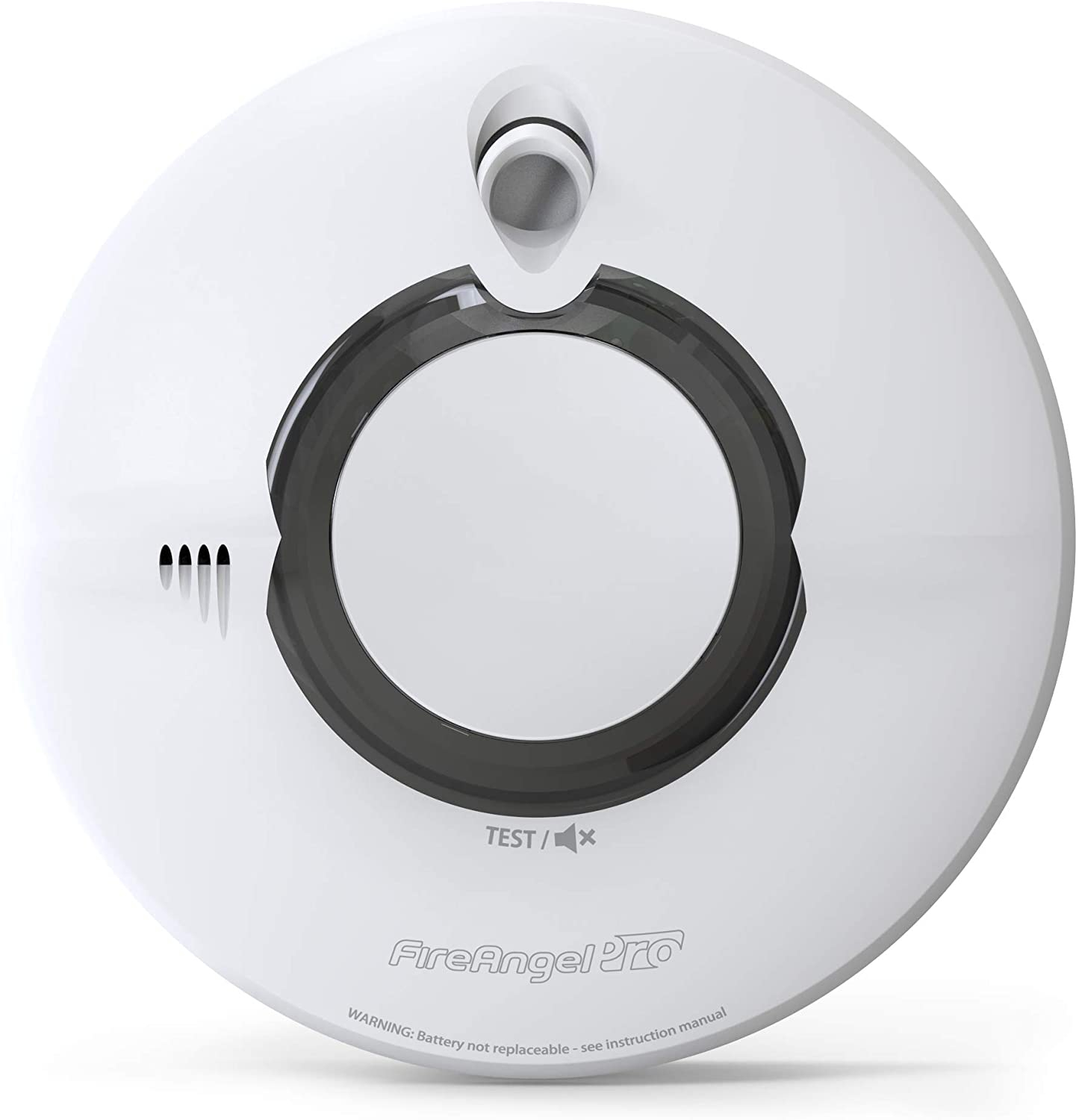

It’s possible that the smoke alarm has simply malfunctioned needs to be replaced.

Keep in mind that the chemicals in bug sprays can also set off the alarm. Be careful not to spray the smoke alarm itself as sprays can damage the electronics. You can keep them away from the smoke alarm with pest control sprays. They sometimes crawl into the area with the sensors and set off the alarm.Ĭlean the smoke detector the same way you would clean for dust.

Crawlies especially like fire alarms since they’re on the ceiling where they can live out of the way and uninterrupted. Insects, spiders, and other little buggy crawly things love the small, dark, hidden spaces in electronics that give off a little bit of heat as they operate. The fire alarm can also detect these chemicals in the air and mistake them for smoke.īe sure to use chemicals according to their MSDS and use proper ventilation. Chemical OdorsĪ strong chemical odor such as from paint fumes, or cleaning chemicals such as ammonia and bug sprays, can cause the smoke alarm to sound. For smoke alarms in the kitchen, you might need a fan in the vent over the stove or a fan pulling the steam to an open window near the stove. Use a fan to blow the steam away from the smoke alarm, or an open window to help dissipate the steam. Steam from a hot shower or boiling water on the stove works the same as high humidity and can be detected as light smoke particles. If there’s a lot of moisture, then you might need to use a fan along with an open window. The smoke alarm doesn’t always tell the difference between dense moisture content and light smoke particles.Ī fan, an open window, or a dehumidifier can help reduce the moisture in the air. High levels of humidity in the air can sometimes be detected as smoke. Keep in mind this process will move the dust around, which can be mistaken for smoke and can set off the alarm. Be careful around the sensors and wiring. Remove the casing and clean around the sensor. Use a can of compressed air or a vacuum cleaner to remove the dust from the smoke detector’s sensor. Dust can reflect the light which can look like smoke particles. It’s possible for an ionization smoke detector to mistake dust for smoke. If the smoke detector has the letter “I” in its model number, or if it mentions radioactive material on the back of the smoke detector, then it’s an ionization smoke detector. It’s a good idea to change the batteries for all of your fire alarms at once so you’re sure they all have fresh batteries. If this doesn’t solve the connection issue you might need to replace the fire alarm. You might need to unplug and reinstall the battery. Remove the casing and check the battery’s connection. It’s also possible for the alarm to sound if the battery has a bad connection.
#Hard wired smoke alarms going off for no reason full#
If the smoke alarm is just chirping rather than sounding the full alarm then it most likely needs new batteries. Some of these problems will only apply to certain types of smoke alarms.

So, in this article, we’ll look at several other reasons a smoke alarm can keep going off even though there doesn’t seem to be a reason for it to alarm. Tracing down the problem isn’t actually that difficult if you know where to look. Of course, there’s always a reason for a smoke alarm to go off, but sometimes that reason has nothing to do with detecting smoke. Tracing down the actual problem can sometimes be time-consuming and it can seem like there isn’t a reason for it to sound. It’s never good to hear that loud screeching alarm, and although we’re thankful when it’s a false alarm, it’s no fun to hear it when you don’t need to. They’re not that helpful though if they alarm for no apparent reason. Smoke alarms are an inexpensive way to help protect your home and family from house fires.


 0 kommentar(er)
0 kommentar(er)
